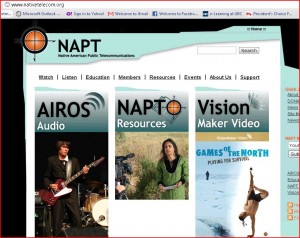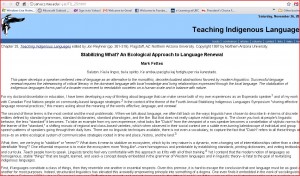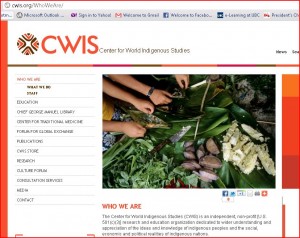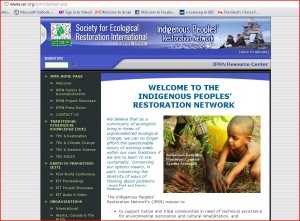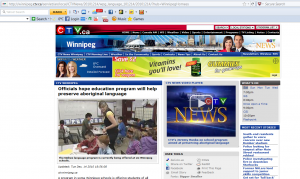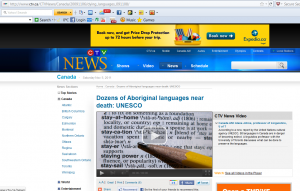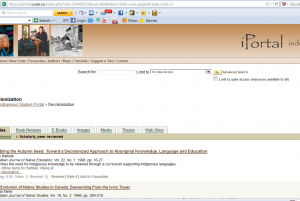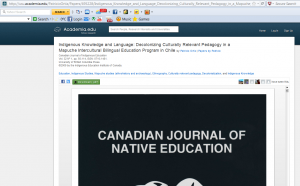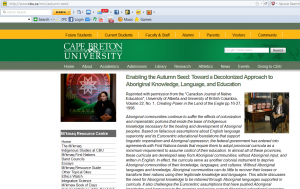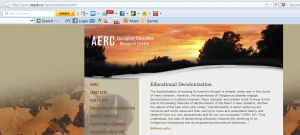The Native American Public Telecommunication (NAPTA) is a resource for sharing Native stories globally through the use of the Web in an effort to support the creation, promotion and distribution of Native media. This creates a trusted venue for Native voices to be conglomerated and resources to be collected and shared with the public. NAPTA helps build relationships between Native producers, public television and radio. NAPTA also gets assistance from Native producers to create, produce and share educational telecommunication programs for various types of media such as public television and radio. NAPTA encourages individuals from Native backgrounds by training them to create public broadcasting programs of quality some of which are geared at advocating for the use of technologies. NAPTA’s goal is to build relationships with Native communities and organizations and creating media that can be used as a means of sharing Native perspectives globally. The programs are created with the vision of making Natives visible and trying to achieve equity through the use of media. Furthermore, these types of media are a good source of highlighting and honouring components of Native culture such as heritage, wisdom and storytelling.
Below are some URL links about language revitalization and language endangerment. These videos are examples of media that NAPTA tries to showcase.
First Nations Language Revitalization
https://www.youtube.com/watch?v=xxJr7yw1j2A
Saving First Nations Languages
